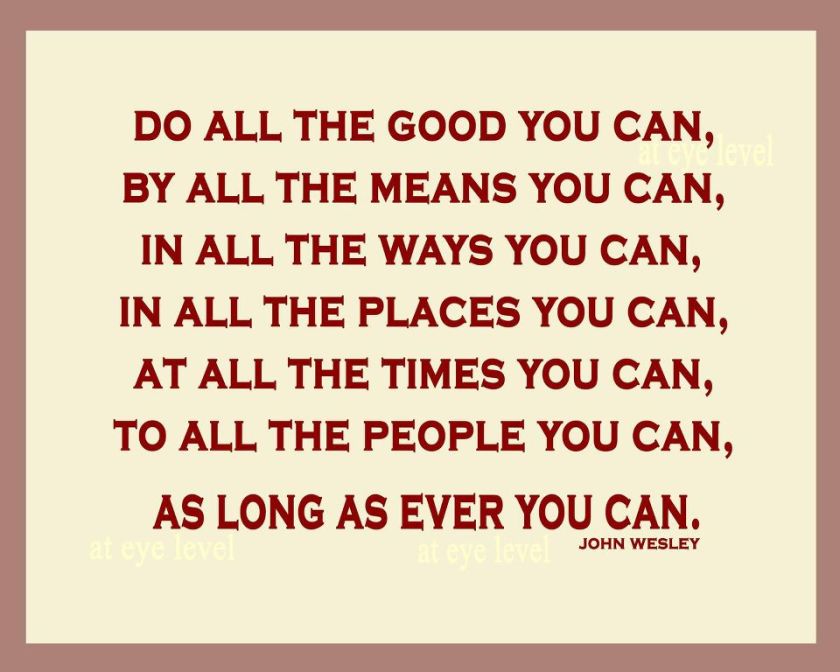Reflections on neighbors, living in community, and Good Samaritan: themes from Luke 10
On the parable of the Good Samaritan: “I imagine that the first question the priest and Levite asked was: ‘If I stop to help this man, what will happen to me?’ But by the very nature of his concern, the good Samaritan reversed the question: ‘If I do not stop to help this man, what […]


